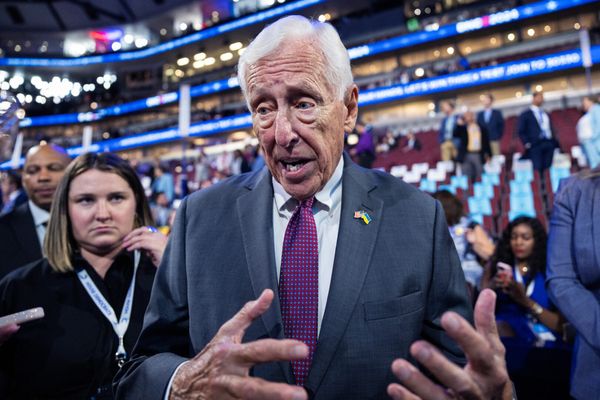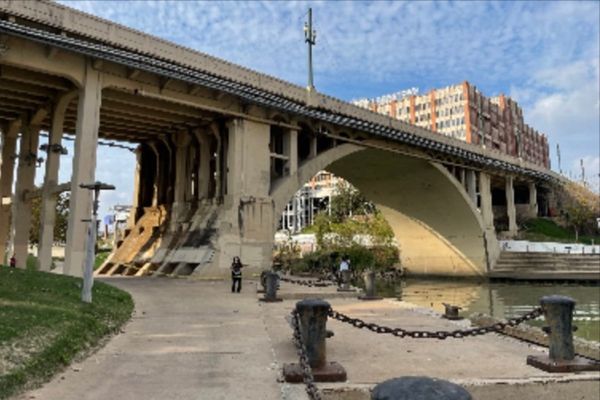
When it comes to alcohol, Massachusetts is downright reactionary. Unfortunately, a new "reform" proposal that's backed by entrenched business interests is only likely to continue that trend.
Massachusetts has some of the most draconian alcohol laws in the country, being one of the few states that bans happy hour outright. But even beyond happy hour, Massachusetts operates under a set of alcohol laws that dramatically restrict how alcohol can be sold and purchased in the state. Massachusetts, like many states, requires alcohol retailers—from restaurants to liquor stores—to acquire a license in order to operate. Unlike many states, there are strict limits on how many such licenses the government makes available.
The good news is that Massachusetts policy makers are finally starting to consider how to fix the state's outdated licensing system. The bad news is that the proposal gaining the most steam is one backed by the Massachusetts Package Stores Association (MassPack) and is likely to appear as a question on the November ballot.
The motivating principle behind MassPack's proposal is not to liberalize Massachusetts' laws, but rather to lock out competitor stores from selling more types of alcohol in more locations. In other words, the state's package stores are attempting to enlist voters in cementing a cronyist oligopoly on booze sales into state law.
To properly analyze what is being proposed by MassPack, it's important to know that Massachusetts restricts license availability in two ways: creating quotas on how many licenses are available based on an area's population and restricting the number of licenses a single entity can own. While some other states have population quotas or quantity caps, very few have both of these restrictions in place at the same time.
Population quotas for alcohol retailing licenses ensure that only one license can be granted per several thousand residents in a municipality, based on a formula laid out in state law. There is a quota in place for both on-premise establishments like restaurants, as well as off-premise sellers like grocery and liquor stores.
The result of this limitation is that if a certain region has already met its quota for licenses, then any new retailers hoping to open up are barred from obtaining a license. If an alcohol seller goes out of business, however, that old license can become available on the so-called secondary market.
Since these secondary licenses are often the only chance for a new business to gain the right to sell alcohol, they have become immensely expensive in certain parts of the state. In Boston, bar liquor licenses have sold for north of $450,000. In states where population quotas do not exist, licenses can cost less than $100, underscoring the extent to which Massachusetts unnecessarily saddles its businesses with prohibitive startup costs.
Under current law in Massachusetts, no individual or business may possess more than nine off-premise retailing licenses, which allow them to sell all types of alcoholic beverages. This may seem innocuous at first, but this arbitrary cap blocks everyday businesses like grocery stores from offering a full selection of alcohol at all their locations. It also complicates shoppers' ability to find their drink of choice.
Given this cumbersome status quo, MassPack's aforementioned proposal may seem like an earnest attempt at reform. It purports to raise the number of off-premise licenses a single entity can possess from nine to 18. But the fine print shows that only seven of those 18 licenses would allow beer, wine, and liquor to be sold, down from the current cap of nine. The remaining licenses would only permit beer and wine sales, a far less valuable privilege than a license that also includes liquor sales. To confuse things further, the proposal grandfathers existing businesses that already own nine of the all-beverage-type licenses.
Rather than raising the cap to allow more businesses to sell alcohol, MassPack's proposal cleverly packages a decrease in the most valuable type of license as an increase. Worse yet, the proposal does nothing to address the state's quota restrictions. This means that the overall pool of alcohol licenses would not increase, further condemning the state to its current restrictive system.
The post Massachusetts Lawmakers Say They Want to Loosen Booze Rules. This Proposal Would Do the Opposite. appeared first on Reason.com.







